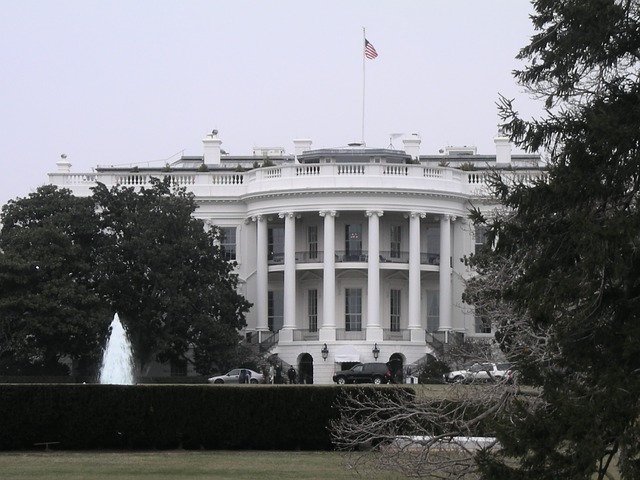
Super Tuesday has arrived. Today, a substantial portion of American states will hold primaries. Though it by no means will be the end of the primary cycle (unfortunately), what happens here will shape the remainder of the election. As a result, Bernie Sanders, like every other candidate, has much to prepare for. Though he has been struggling to gain traction in the last few elections, a big win on March 1 could put him over the top. As far as economic policy goes, that would be a massive mistake. His understanding of economics is so limited that it is almost horrifying.
When discussing Sanders’s economic ideas, most attention is paid to the proposals that have left him labeled a socialist, for instance raising the minimum wage, and to whether or not these proposals are feasible to implement. The answer to that question is a definite maybe, assuming enough popular support behind these proposals for the tax hikes they require. Certainly, if Sanders wins the election, would indicate exactly that. However, the Senate has a large say in passing and fine-tuning such proposals, meaning that these reforms are somewhat out of his hands.
What is under his direct control as an executive are foreign policy and trade deals, so it makes sense to be more critical of his opinions in these areas. He is a vocal opponent of the Trans-Pacific Partnership (TPP). Patrick Quinlan wrote an excellent article for this paper that explains exactly why this is a mistake. The Transatlantic Trade and Investment Partnership (TTIP), a deal similar to TPP aimed at Europe, will also be the focus of discussion in the next four years, and it is likewise unlikely that Sanders would sign such a deal.
Additionally, Sanders displays a fundamental lack of understanding of economics that makes it hard to justify his leading one of the most powerful economies in the world. On Dec. 26, he tweeted: “You have families out there paying 6, 8, 10 percent on student debt but you can refinance your homes at 3 percent. What sense is that?”
It actually makes perfect sense, as any finance student will tell you: a home loan is collateralized, so the hit taken by the banks is relatively smaller when people with housing loans cannot make payments, as the bank can repossess the house. Because the downside is smaller, banks can offer cheaper interest rates.
His claims are frustrating, not just because they are wrong. Certainly, he is not the first person to criticize the student loan system, and he is probably not wrong that a change must be made. However, this sort of low-effort rhetoric, trying to compare two completely different situations to underline a problem, is dangerous. It is meant not really to address anything, but to drum up misguided popular support. While he is by no means alone in doing this, it does not bode well for his ability to address underlying causes of the problems he is trying to solve. There is a joke that Republicans find the right policy by accident; Bernie Sanders may not be so lucky.
This sort of populism has been disastrous in other countries, especially ones where a culture of social welfare doesn’t exist. Look at Jeremy Corbyn, the opposition leader in Great Britain whose victory in his party’s elections Sanders said he was “delighted” over. A man who has criticized China for having too free a market, Corbyn has elicited the disappointment of his former party leader, who reportedly has remarked,“I bet you didn’t think things would actually get worse.”
This is what the future could look like with Sanders in the White House. Even if he doesn’t win the full election, though the American system doesn’t have the same sort of organization as Britain, a Democratic party whose tone is set by Sanders will fade rapidly into irrelevancy. Democrats owe it to themselves to tackle this head on.
Andrew Langen is a junior majoring in economics and math.
Feature image courtesy Pixabay user DonnaW.






